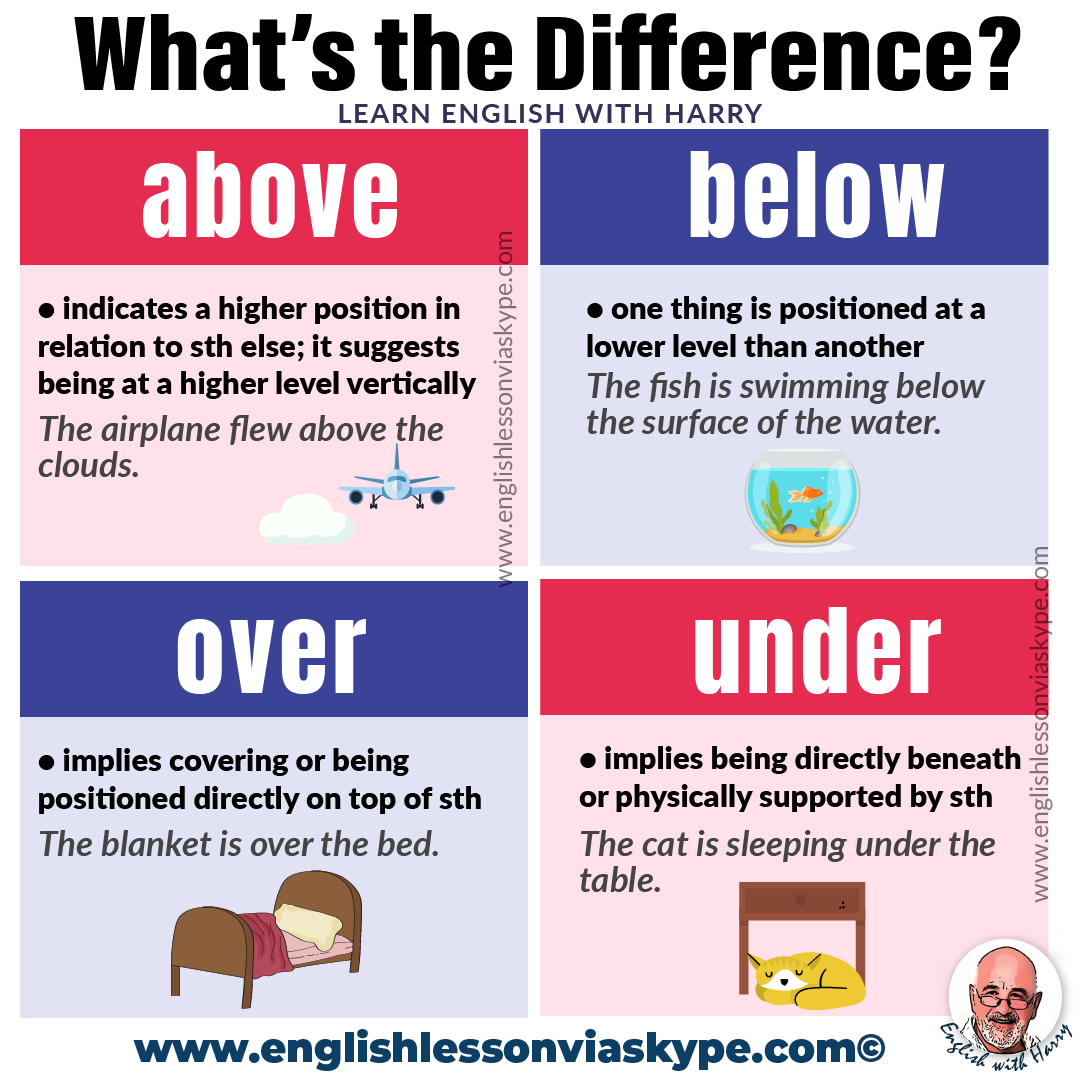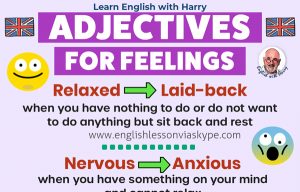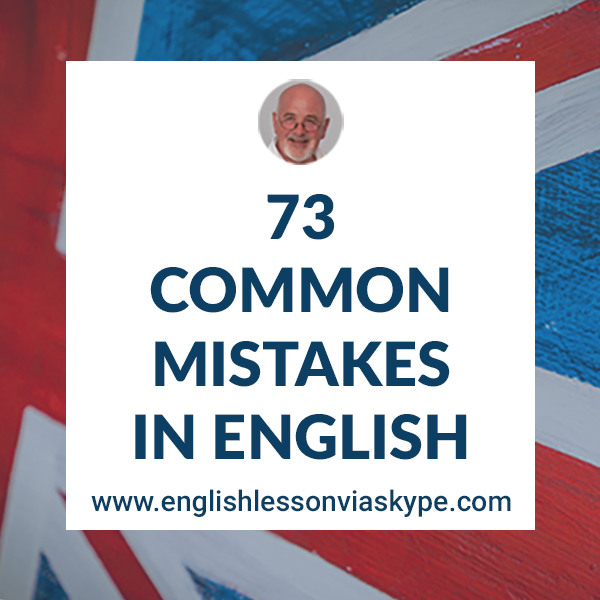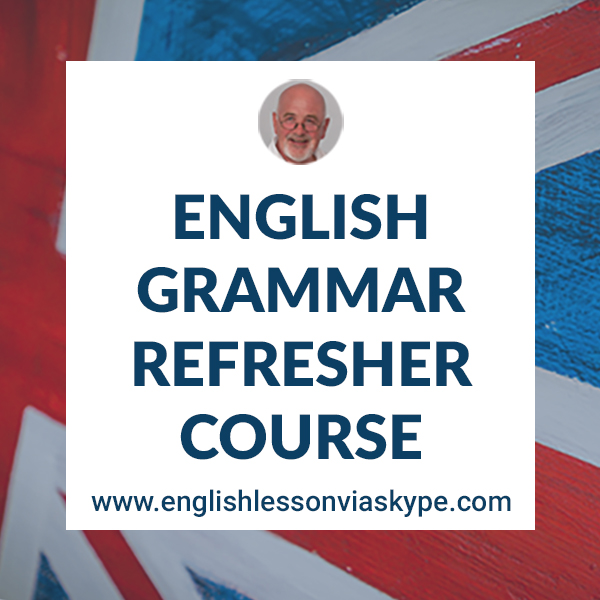Master English prepositions for better speaking skills. Here you will find a comprehensive guide to basic and advanced prepositions.
By improving your understanding of prepositions in English, you can confidently enhance your speaking abilities. Let’s explore the world of prepositions and improve your English communication!
Listen to the podcast Speak Better English with Harry or watch it on YouTube at Learn English with Harry. englishclass101
How to use prepositions correctly
Master English prepositions
Harry
I received many messages asking for a lesson on English prepositions, so here it is! We won’t cover all the prepositions because there are too many, but we’ll focus on the ones that give you the most trouble.
This is an advanced English lesson focusing on prepositions.
The first part might seem easy for those considered advanced, but it can still serve as a helpful warm-up and revision. For intermediate learners and below, this serves as an ideal introduction to prepositions.
Prepositions, such as in, at, on, by, for, etc., may be small words, but they often create confusion. During my lessons, I noticed that many students struggle with these specific prepositions. I’ll give you examples and explanations to help you understand them better.
improve english on a budget
Online English Courses from €7.99
The first three prepositions, we’re going to look at are prepositions of time.
Preposition of time “at”
We use it with:
1. exact times
The show starts at 4 o’clock.
2. special holiday periods
I usually visit my family at Christmas.
3. night and the weekend
You shouldn’t leave your TV on at night.
What are you going to do at the weekend?
Preposition of time “on”
We use it with:
1. particularly days or dates
Sarah’s birthday is on the 15th of April.
I’ll see you on Saturday.
The family always comes over on Christmas Day.
2. part of a particular day
I have Chinese lessons on Tuesday mornings.
Preposition of time “in”
We use it with:
1. weeks, months, years
Julius Caesar invaded Britain in 55 BC.
My birthday is in July.
2. longer periods of time
I hate having to get up early in winter.
3. how soon something will happen
It will be difficult for me to do both things in three days.
I’ll call you in a week.
The game will end in ten minutes.
4. how long something takes to happen
He can run a marathon in under three hours.
Master English prepositions

Let’s move on now to prepositions of place.
Preposition of place “at”
We use it when we refer to a position as a point.
There’s someone at the door.
Jack is at home.
Preposition of place “on”
We use it when we refer to a position in relation to a surface or a line
We live on a very busy road.
The book is on the table.
Many people hang a wreath on the door at Christmas.
Preposition of place “in”
We use it when we refer to a position in relation to a three-dimensional space or when something
is surrounded on all sides, i.e. a country, a field, a forest, etc
I had a great time in Canada.
The Eiffel Tower is in Paris.
The kids are playing in the garden.
I am sleeping in my room.
Using prepositions in context
I’ll meet you in the cinema.
I’ll be inside sitting in row X, Y or Z.
I’ll meet you at the cinema.
I’ll meet you outside the cinema, perhaps in the foyer, or on the footpath at the entrance of the cinema
book your trial English Lesson
Talking about addresses in English
✅ in a city
❌ on a city
❌ at a city
He lives at 24 Eglinton Road.
He lives in Eglinton Road. ✅
He lives on Eglinton Road. ✅
He lives on the second floor.
Over vs Across
We use OVER when we mean on / to the other side of something high.
The prisoner climbed over the wall.
We use ACROSS to refer to a flat surface or an area such as a country or sea
I saw her across the room at a party.
The show was broadcast across Europe.
✅ He drove over the bridge.
✅ He drove across the bridge.
Above and Below
We use ABOVE and BELOW when one thing is not directly over/under another.
The aeroplane was flying above the clouds.
There are many cities that are located below sea level.
He saw a man below whom he did not recognise.
Over and Under
We use OVER and UNDER when one thing covers/is covered by another.
The bird flew over the sea.
The cat was hiding under the bed.
Master English prepositions
During, Throughout and All Through
We use DURING to refer to a specific time within a larger period of time
I went to an English course during my summer holidays.
We moved house during our winter break.
It wasn’t for the whole period, but rather for part of that period.
We use THROUGHOUT (ALL THROUGH) to say that sth continues for the entire duration of a period
It rained throughout the night.
It rained all through the night.
The rain persisted or continued for the entire duration of the night, without interruption.
Until vs By
UNTIL indicates when something ends.
Many people are living with their parents until their late twenties.
BY sets a deadline for completion.
I’ll be definitely home by nine o’clock.
You could say:
I’ll be working until eight, but I’ll definitely be home by nine o’clock.
Except vs Besides
EXCEPT is used to exclude or leave out someone or something. It indicates that everything or everyone is included except for the specific thing or person mentioned.
Everyone, except the father, had gone to bed around 11:30.
BESIDES means “in addition to” or “apart from.” It is used to introduce an additional piece of information or to indicate something that is separate or different from what was mentioned.
Besides being a writer, he was also a painter.
Claire wasn’t free on the night of the party. Besides, she wasn’t even invited.
So these are English prepositions that can be confusing. We have except, besides, until, by, during, throughout, all through, over, under, above, and below.
It’s important to understand when to use them.
In addition, we previously covered in, at, and on.
Practice creating sentences using the examples I’ve given, and try using them in conversations with friends or colleagues. This will help you master English prepositions.
If you still have difficulties, you can reach out to me at englishlessonviaskype.com Thank you for watching and listening. Join me for the next lesson.
speak better English with Harry podcast- episode 436
more information
For more information on English grammar rules, English collocations and English idioms, check out the links below:
How to express regrets in English
Phrasal verbs related to communication
You can always study English advanced level at Learning English with the BBC and British Council Learn English.
You will love these English lessons

Adjectives to Describe Feelings in English
Here you will learn adjectives to describe feelings in English. Learn new words and boost your English vocabulary. Table of


15 English Collocations with Task
Here you will learn 15 English collocations with task: to undertake a task, to tackle a task, to assign a


9 Phrasal Verbs With Play
Here you will learn 9 phrasal verbs with play with meanings and examples. Phrasal verbs are used commonly in formal

